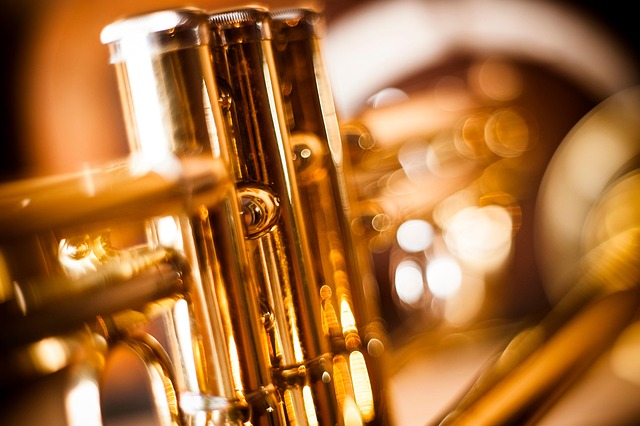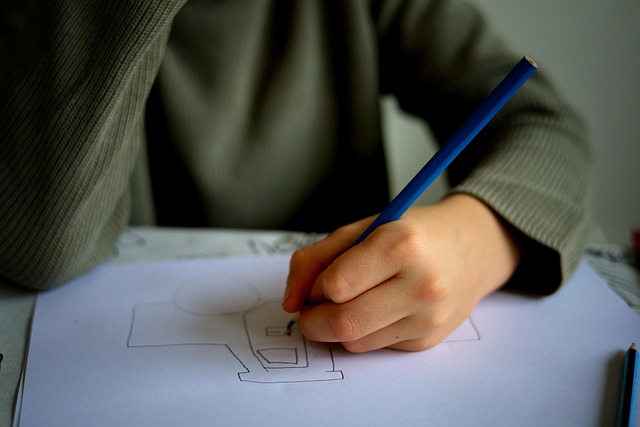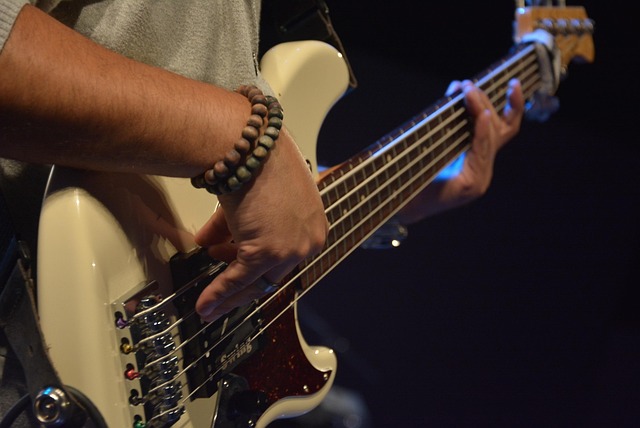Music has always been an intricate tapestry woven from the threads of human emotions, and among the various genres that contribute to this rich fabric, jazz stands out as a unique and powerful expression of emotional depth. The jazz emotionality resonates deeply with listeners, creating a connection that goes beyond mere auditory pleasure. It evokes memories, stirs nostalgia, and often mirrors the intricate dance of human feelings.
When you step into a jazz club, the ambiance is palpable. The dim lighting, the gentle clinking of glasses, and the low murmur of conversation create a backdrop that enhances the emotional experience. As musicians take the stage, they invite the audience to embark on a journey through sound that can shift from vibrant euphoria to profound melancholy in just a few melodic notes. This fluid expression of emotions is what makes jazz so compelling—it’s not just music; it’s a storyteller.
Jazz is often celebrated for its improvisational nature, a characteristic that perfectly symbolizes the unpredictability of human emotions. A saxophone might cry out sweetly one moment, then wail in anguish the next, encapsulating frustrations, joys, and everything in between. The interaction between musicians further emphasizes this emotional connection—each player responds to the other, creating a dialogue that can unite an entire audience in shared feelings. Whether it’s the scatting of a vocalist or the sharp punctuation of a trumpet riff, each note adds another layer to the collective emotional experience.
Not only is jazz a beloved genre to listen to, but it also shapes the culture of gatherings and parties. Jazz music brings people together, igniting passion on dance floors and creating an atmosphere that encourages connection and expression. At a party, the right jazz piece can elevate spirits, inciting laughter and conversations that flow as smoothly as the melodies themselves. The rhythm becomes a heartbeat, pulsing with the energy of those who gather to revel in the moment.
Beyond the parties and intimate clubs, jazz influences a wider music culture, inspiring countless other genres and artists to explore the depths of emotional storytelling. From blues-infused ballads to the improvisational flights of modern fusion, the implications of jazz emotionality ripple through each note played. This genre has left an indelible mark on the hearts of listeners and musicians alike, reminding us of the profound connection that exists between music and emotion.
As we continue to explore the world of jazz, let’s celebrate its ability to evoke feelings that resonate deeply within us, its role in creating communal experiences, and its unwavering influence on the broad spectrum of music. The connection between jazz emotionality and our feelings is an endless source of discovery, inviting us to reflect on our own emotions through the lens of this powerful genre.




